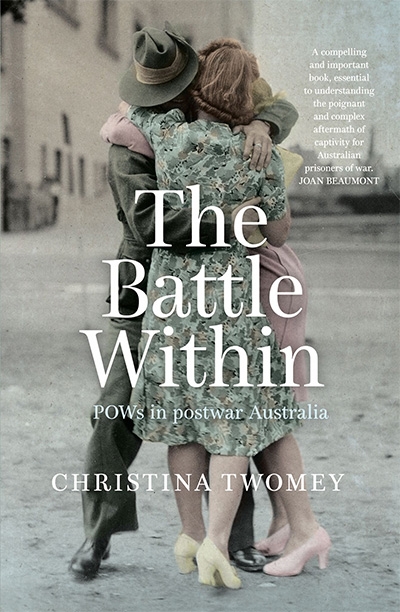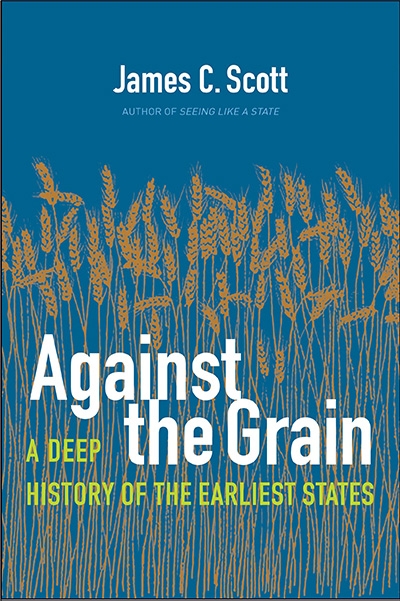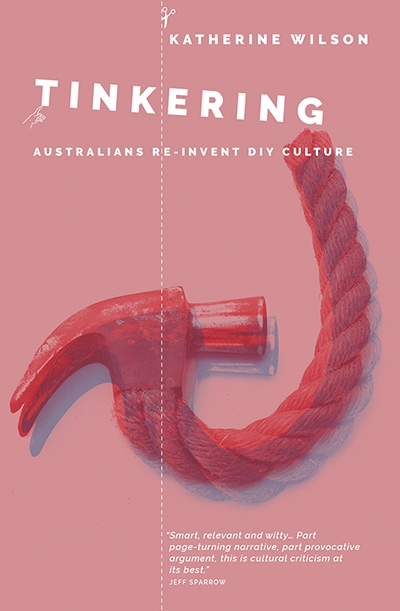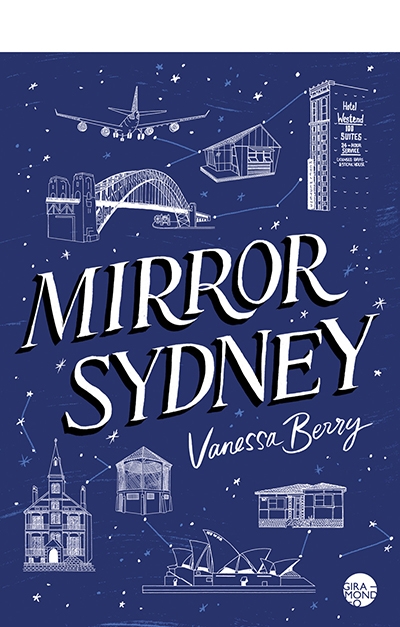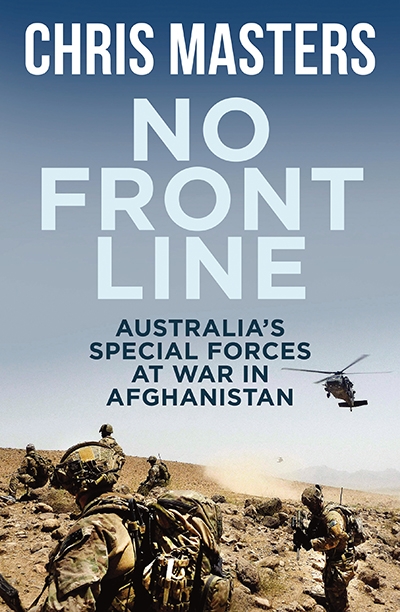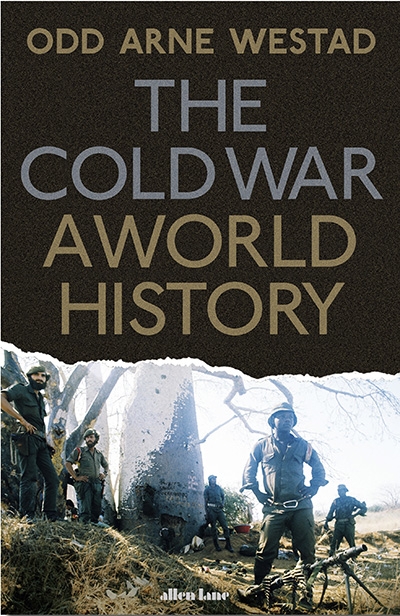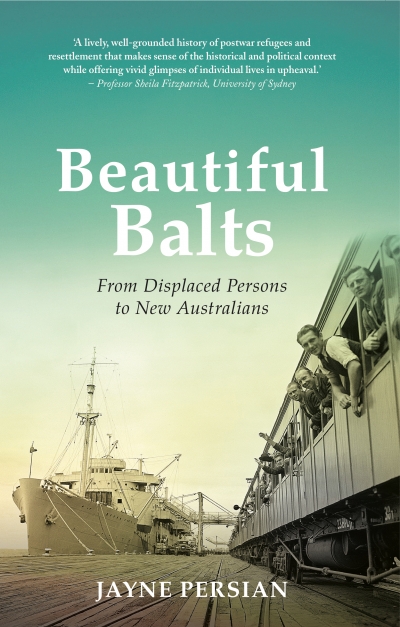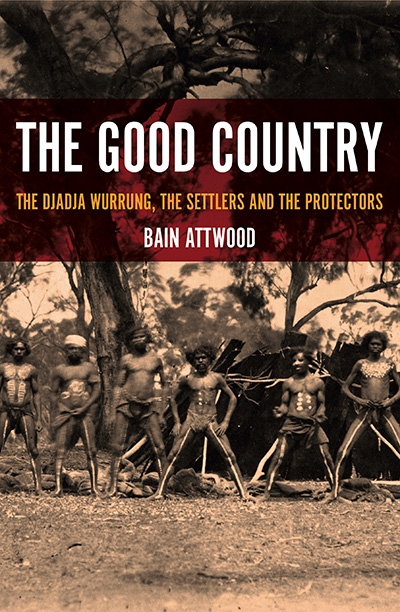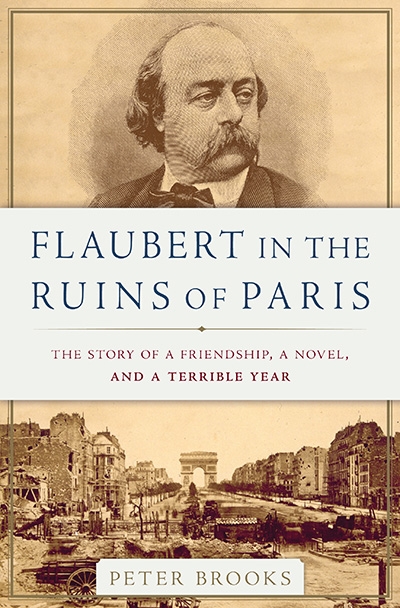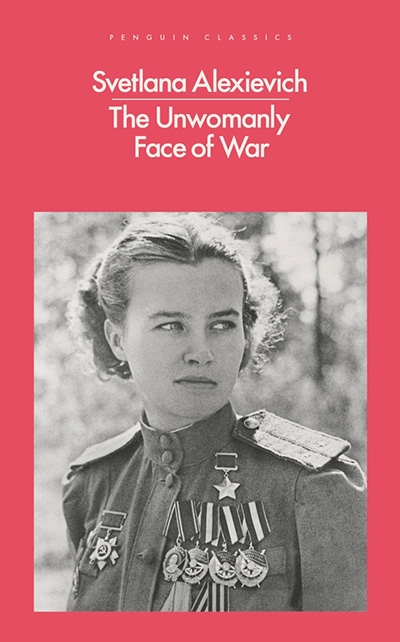History
The Battle Within: POWs in postwar Australia by Christina Twomey
The director of the Australian War Memorial, Brendan Nelson, recently announced plans for a $500 million underground expansion of the memorial. In justifying the expenditure, Nelson claimed that commemoration ‘is an extremely important part of the therapeutic milieu’ for returning soldiers; ‘I’ve particularly learned from the ...
... (read more)Against the Grain: A Deep History of the Earliest States by James C. Scott
The old narrative goes that first we were hunter–gatherers, then we discovered farming, then agricultural communities ‘progressed’ to states and, eventually, industrial cities. This ‘progression’ is supposedly how humans became ‘civilised’. This old narrative has been debunked by many ...
... (read more)Tinkering: Australians reinvent DIY culture by Katherine Wilson
What is tinkering? As Katherine Wilson makes clear in Tinkering: Australians reinvent DIY culture, there is an easy answer to that question – but also several complex ones. At the physical level, tinkering is what the protagonists in Wilson’s book do: they convert cars to run on vegetable oil ...
... (read more)Cities are essentially palimpsests, layered with overlapping lives, structures, and stories. Constantly in flux, each city is a sprawling and unwieldy text that is continually being rewritten. In Mirror Sydney, Vanessa Berry peels back many of the Harbour City’s layers, to reveal a tangle of hidden meanings and bygone ...
... (read more)No Front Line: Australia’s special forces at war in Afghanistan by Chris Masters
Few organisations defend their reputation more vigorously than the Australian Defence Force (ADF). Long since clasped to the national bosom, the ADF has no intention of being shoehorned out of its prized position at the heart of Australian identity and culture. The first duty of its public affairs personnel is to protect ...
... (read more)‘The long years we spent plunged in the Cold War made losers of us all,’ Mikhail Gorbachev lamented after the collapse of the Soviet Union. By then, Gorbachev was unequivocally a loser himself – out of power and soon to be Russia’s least popular former leader, with ratings far lower than Stalin’s ...
... (read more)Beautiful Balts: From displaced persons to new Australians by Jayne Persian
I grew up in a New Australian household, and admit at the outset to a biased view. My Lithuanian-born parents were actual Baltic immigrants among the other nationalities referred to by the blanket designation ‘Balt’. Much of the anecdotal material of Jayne Persian’s Beautiful Balts was deeply familiar to me from childhood ...
... (read more)The Good Country: The Djadja Wurrung, the settlers and the protectors by Bain Attwood
The Good Country begins in February 1840 with a cross-cultural encounter in Djadja Wurrung country, now central Victoria. Two Protectors of Aborigines, recently appointed to the burgeoning pastoral district around Port Phillip, met with an Aboriginal group camped near Mount Mitchell. At this time, the Aboriginal protectorate had been operating for little ...
... (read more)Flaubert in the Ruins of Paris: The story of a friendship, a novel, and a terrible year by Peter Brooks
As we approach the end of what might be considered another pretty terrible year, it’s worth being reminded that every age has its tribulations ...
... (read more)The Unwomanly Face of War by by Svetlana Alexievich, translated by Richard Pevear and Larissa Volokhonsky
When Svetlana Alexievich won the Nobel Prize in 2015, the response in the Anglophone world was general bewilderment. Who was she? The response in Russia was the opposite: intense, personal, targeted. Alexievich wasn’t a real writer, detractors said; she had only won the Nobel because the West loves critics of Putin ...
... (read more)
